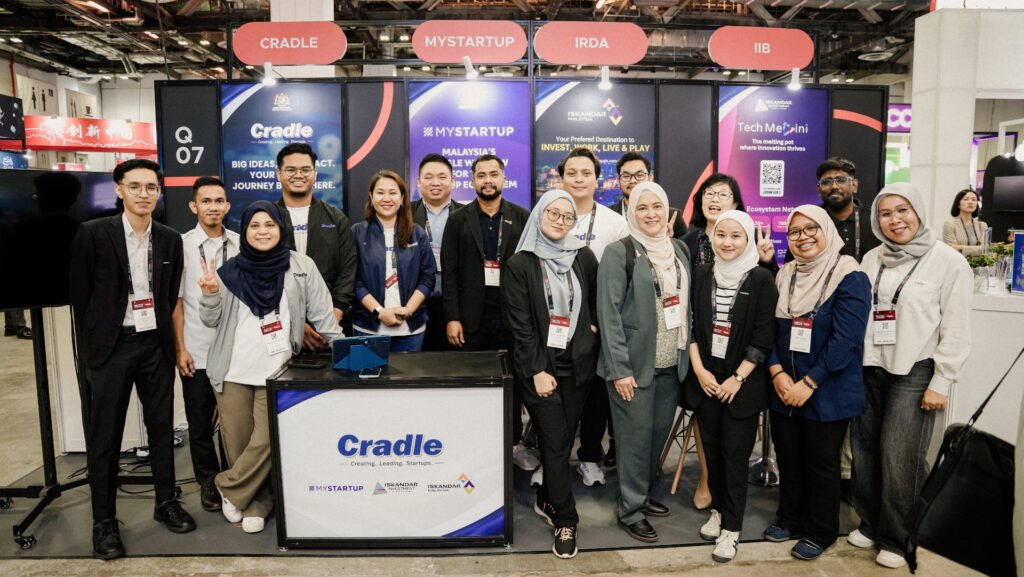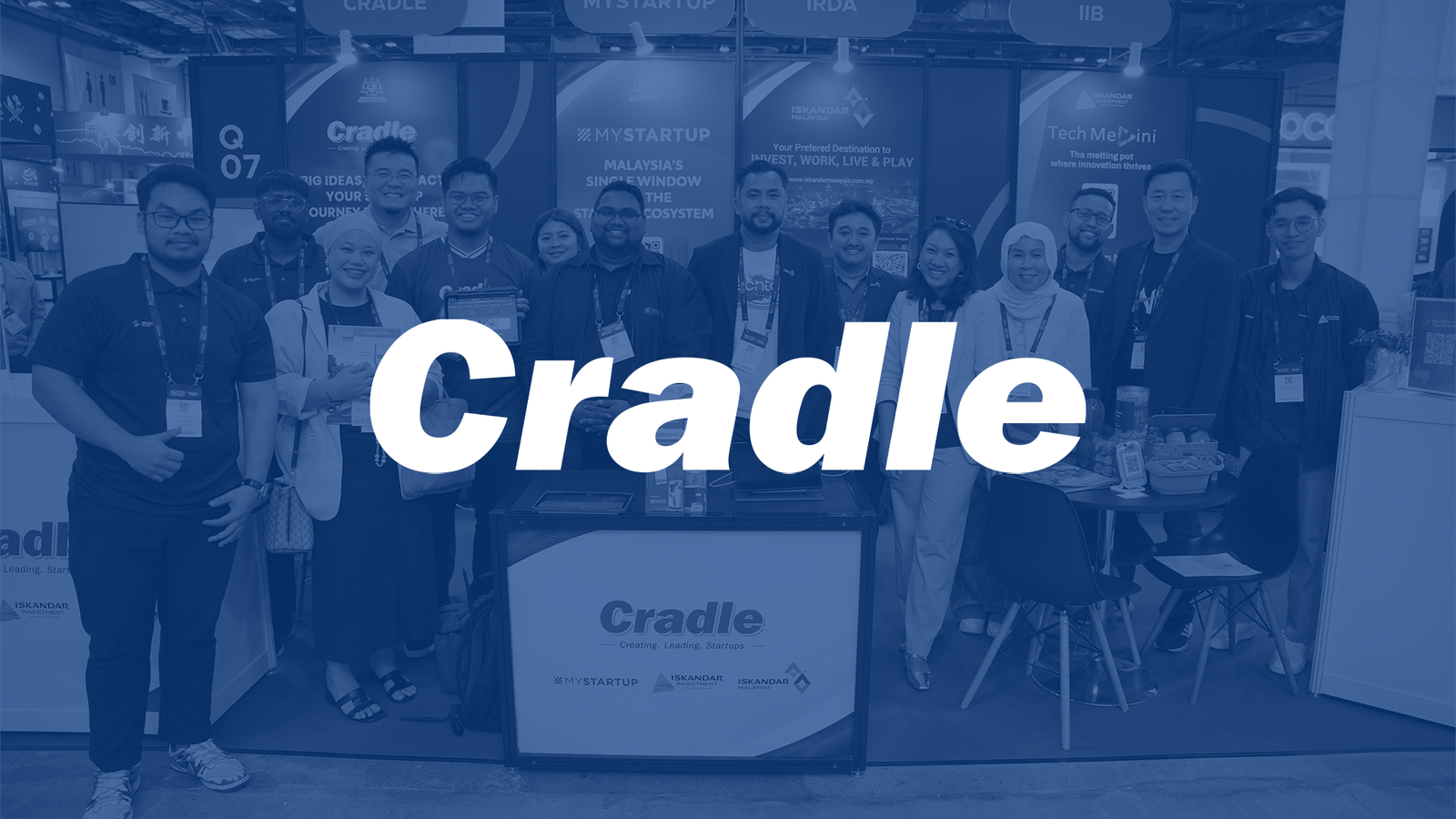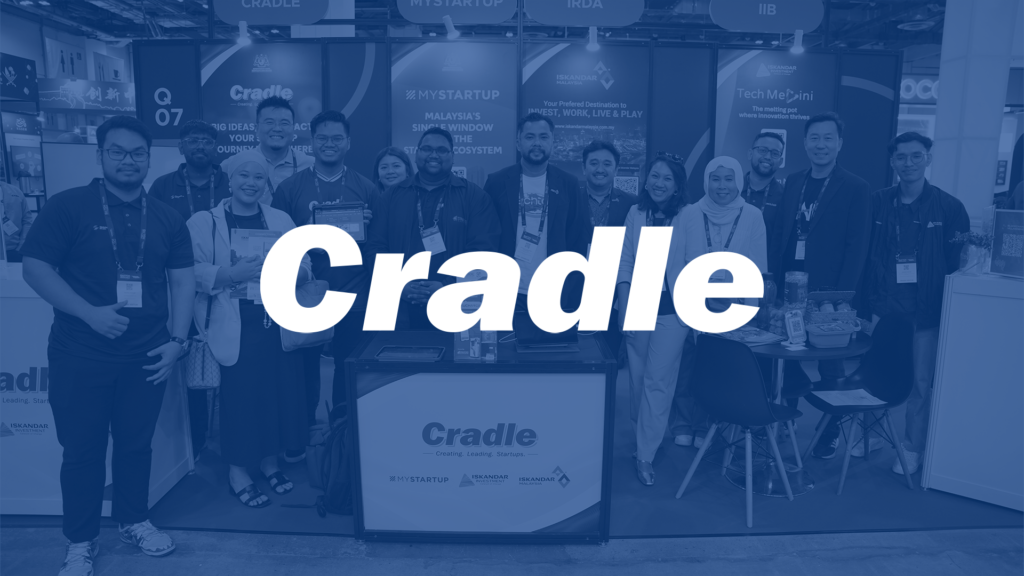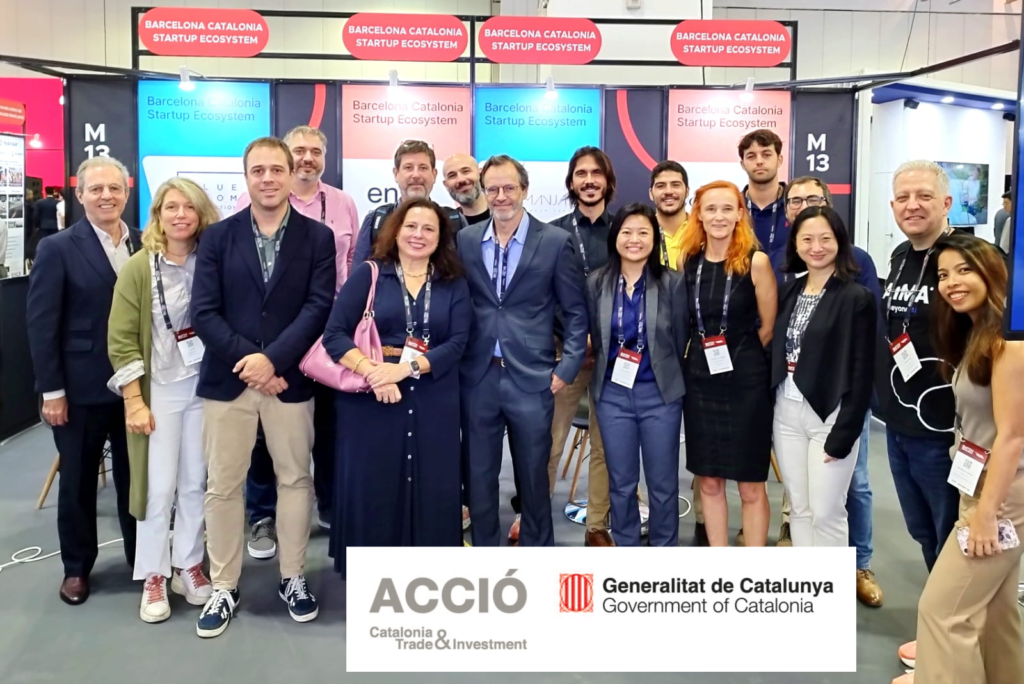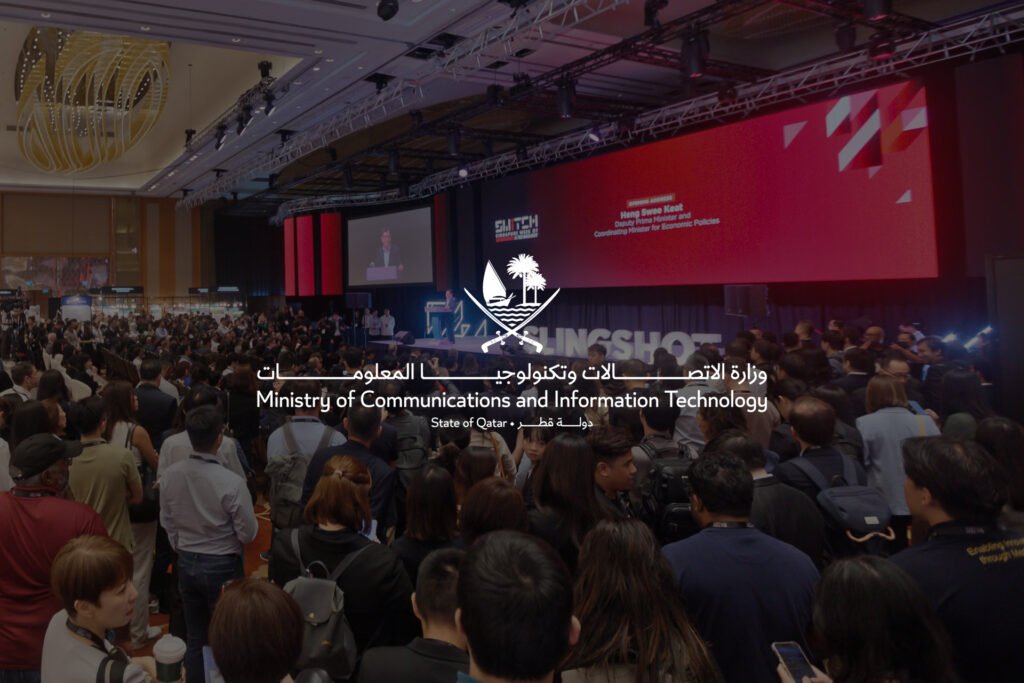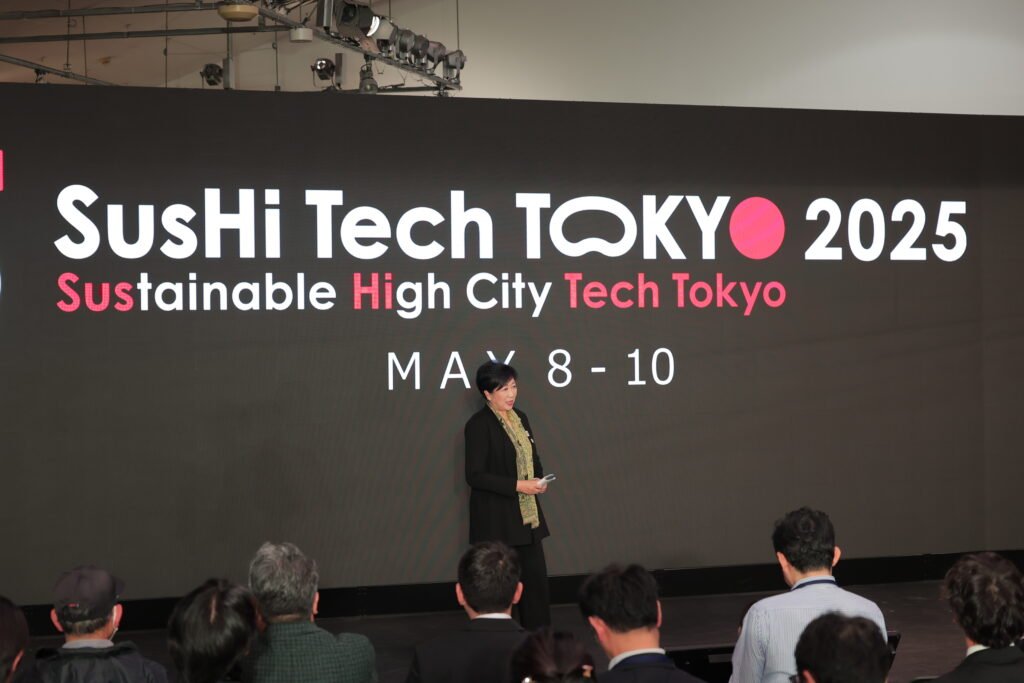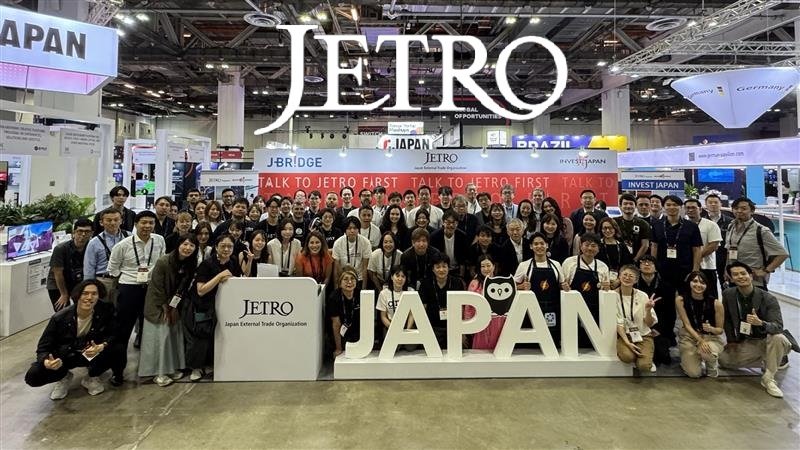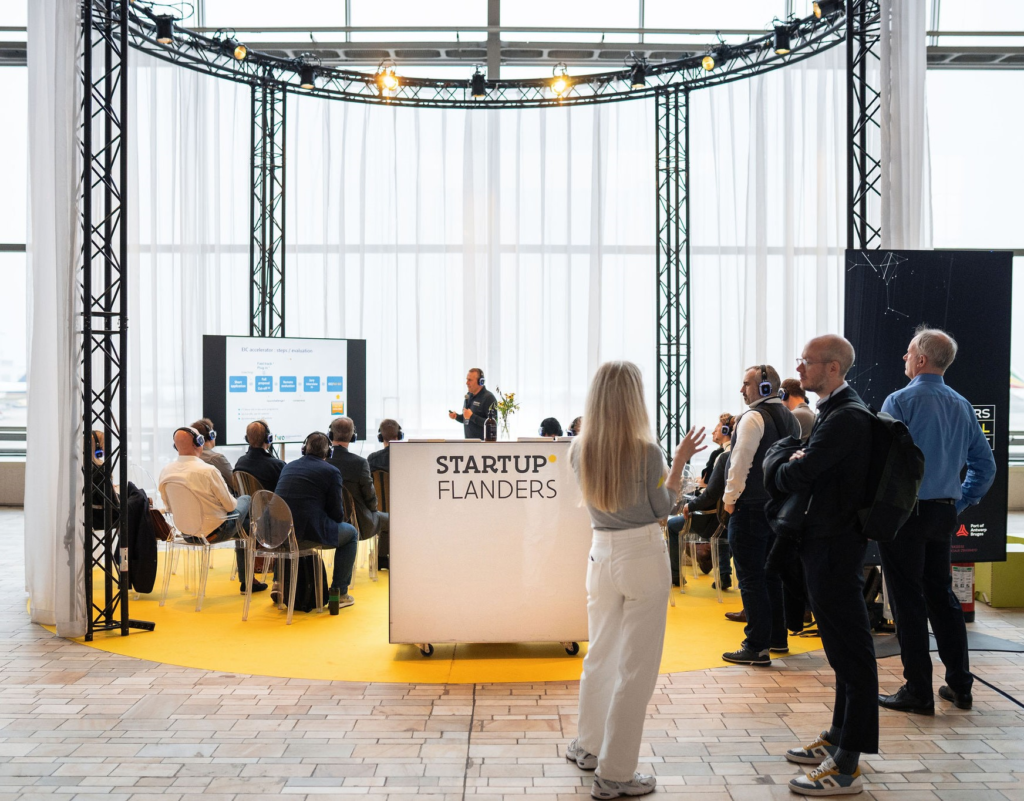Could you share more about your internationalisation programs and how they support tech businesses expanding globally?
As Malaysia’s focal point for the technology and innovation startup ecosystem, Cradle Fund is committed to empowering home-grown startups to scale locally, regionally, and globally. Our MYStartup Single Window platform, a key initiative under the Ministry of Science, Technology and Innovation (MOSTI), provides a seamless gateway for Malaysian startups to access international markets.
Through this platform, Cradle Fund connects startups with global investors, industry experts, and cross-border partners, equipping them with the necessary tools to expand beyond Malaysian borders. Our efforts have led to increased global market access, strategic partnerships, and international funding opportunities for local startups.
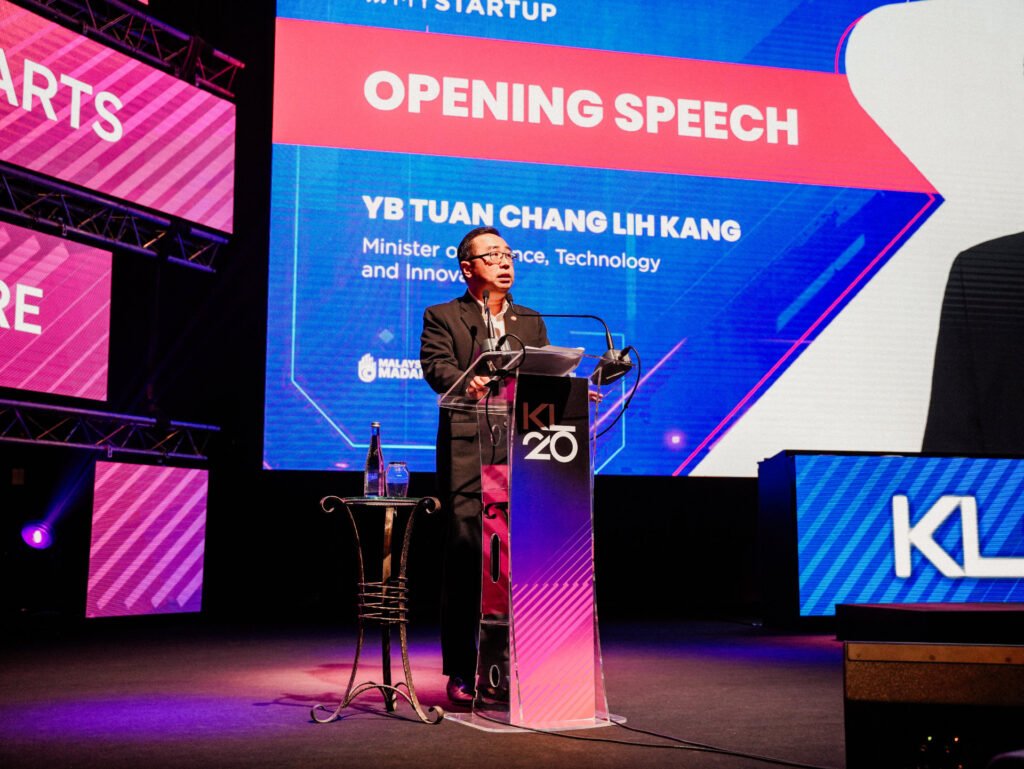
Can you tell us about some of the startups you’re working with at the moment, and which ones you think could do well in Singapore?
To date, Cradle Fund has funded over 1,100 Malaysian tech startups. Many of these companies have successfully expanded into regional markets, reinforcing Malaysia’s growing presence in the global innovation space.
For example, Midwest Composites, the winner of the 2024 Startup World Cup Malaysia, is revolutionizing materials science with cleantech-driven innovations—a sector well-aligned with Singapore’s sustainability goals. Likewise, Material In Works is leading the way in sustainable materials innovation.
With Singapore’s tech ecosystem valued at USD144 billion* (Global Startup Ecosystem Report 2024) and its strong focus on AI, Big Data Analytics, and Cleantech, we believe Malaysian startups are well-positioned to thrive in both Malaysia and Singapore.
Singapore is known for its strong innovation ecosystem. Have you seen that in action? Are there specific programmes, events or partners you’d recommend to startups considering expansion into SG or looking to learn more about the tech community?
At Cradle Fund, we have long engaged in strategic partnerships to strengthen regional connectivity for Malaysian startups. For instance, we work closely with Enterprise Singapore (EnterpriseSG) in key initiatives such as the Singapore Week of Innovation and Technology (SWITCH).
While SWITCH serves as a platform for startups to gain exposure, Malaysia’s own initiatives – such as the KL20 Action Plan and the MYStartup Single Window platform – are designed to position Malaysia as a key global player, providing market access opportunities within ASEAN and beyond.
By leveraging Malaysia’s cost-effective market, deep talent pool, and investor-friendly policies, startups can take advantage of a more holistic regional growth strategy.

When startups from your country enter the Singapore market, what are some of the most common challenges or support needs they face? What more can be done in Singapore to help ease their market entry and accelerate their success?
One of the apparent challenges for Malaysian startups expanding into Singapore is the high operational cost of establishing a physical presence. In some instances, office space, salaries, and regulatory compliance can place a significant financial strain on early-stage companies.
Beyond financial barriers, many startups may struggle to gain visibility. With an ecosystem dominated by well-established players and global firms, breaking into the regional scene requires not just funding but also strong networks, strategic partnerships, and market know-how.
Despite these challenges, we believe Singapore remains a promising market for our startups to broaden their reach and expand their audience.
Why should Singaporean startups explore your market as part of their own global expansion journey?
Malaysia presents an opportunity for Singaporean startups looking to scale regionally. With a diverse population of over 34 million, a strong talent pool, and government-backed initiatives, the country serves as an ideal launchpad for growth into the broader ASEAN market.
Government support is a key driver of Malaysia’s startup success, as seen through initiatives such as:
- Malaysia Startup Ecosystem Roadmap (SUPER) – A 10-year strategy aimed at positioning Malaysia as a top global startup hub, strengthening funding access, market connectivity, and talent development.
- KL20 Action Plan – This initiative aims to attract top global startups, investors, and talents to Malaysia.
